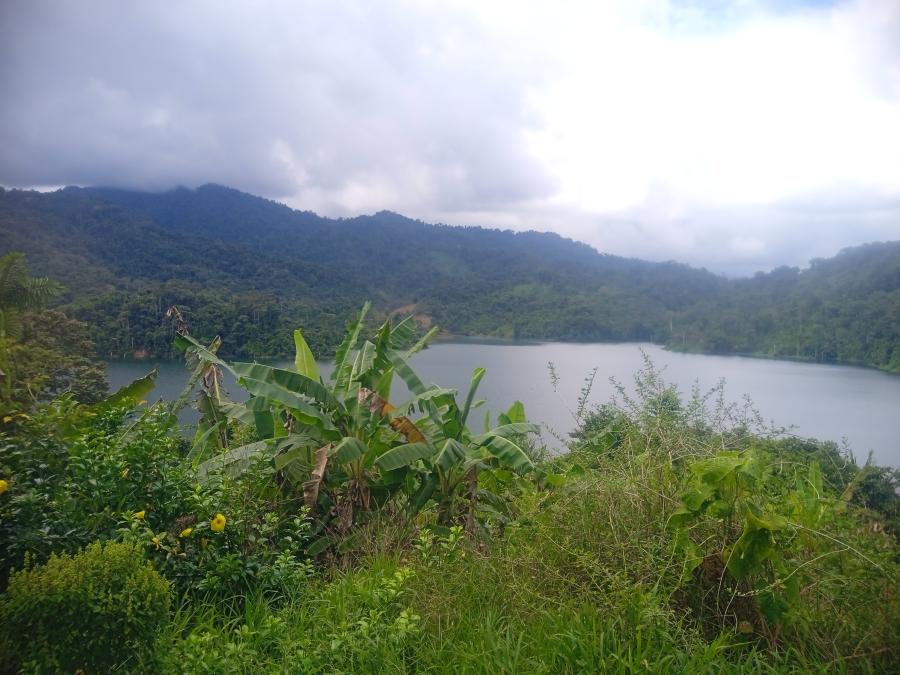The Ngöbe people living along the Changuinola River in Panama have been facing the destruction of their villages, farms, food supply, access to clean water, and way of life as a result of the government of Panama’s decision to build a hydroelectric dam on their river. The government contracted with AES-Changuinola, a subsidiary of the Virginia-based energy giant AES Corp., to not only build the dam but also to manage the relocation of the Ngobe people whose homelands will be flooded. Following a series of protests that the government brutally put down, and after exhausting all domestic remedies, in March 2008 Cultural Survival and Panamanian partners filed a petition on the Ngöbe’s behalf in the Inter-American Commission on Human Rights. This past summer, the Inter-American Commission demanded that Panama cease all work on the dam until the matter was resolved.
Instead, the government stepped up construction. Both the previous government and the new Martinelli government informed the commission that they had no intention of halting construction, and indeed each time the commission calls for an update or holds a hearing, AES-Changuinola steps up the construction pace. All of the Ngöbe are adamant that construction must stop until the case is resolved, but their demands are ignored.
In a new tactic, the government is now hand picking individual Ngöbe to transport to Panama City to discuss a settlement. In an initial accord signed by eight individuals from three affected communities, two of which have already been virtually destroyed by dam construction, neither the government nor the company offered any compensation for more than three years of trespass, suffering, and abuse. They did offer relocation, but without any timeline, to remote hillside terrain that is prone to landslides and offers poor opportunities for establishing new farms.
Another group of Ngöbe has begun conversations with the government and AES-Changuinola in Panama City. This time, Cultural Survival hired a skilled Panamanian lawyer with experience in international human rights law to represent the Ngöbe participants. But even in setting up these meetings, the government violated the Ngöbe peoples’ human rights. Both the United Nations Declaration on the Rights of Indigenous Peoples and the Inter-American Court of Human Rights require that negotiations take place in Indigenous communities, and in the local Indigenous language, so that all community members can participate.
The government and AES-Changuinola’s insistence on negotiations now appear to be a cynical attempt to complete dam construction before they are blocked by international interference. It is no accident that the talks are occurring on the eve of Panama’s dry season, when sculpting the rest of the dam’s lakebed is easiest from a construction point of view. That the earlier accord reached with a handful of individuals was conducted in the capital in complete secrecy, that they were signed by them without any enforceable commitment to protect the way or life or well-being of the Ngöbe communities they claim to speak for, and that they did not include any offer those communities compensation for the harm and suffering they already experienced, suggests the nefariousness of the government’s and the company’s intentions in achieving their hydroelectric power goals unfettered by their obligations to Panama’s Indigenous citizens.

